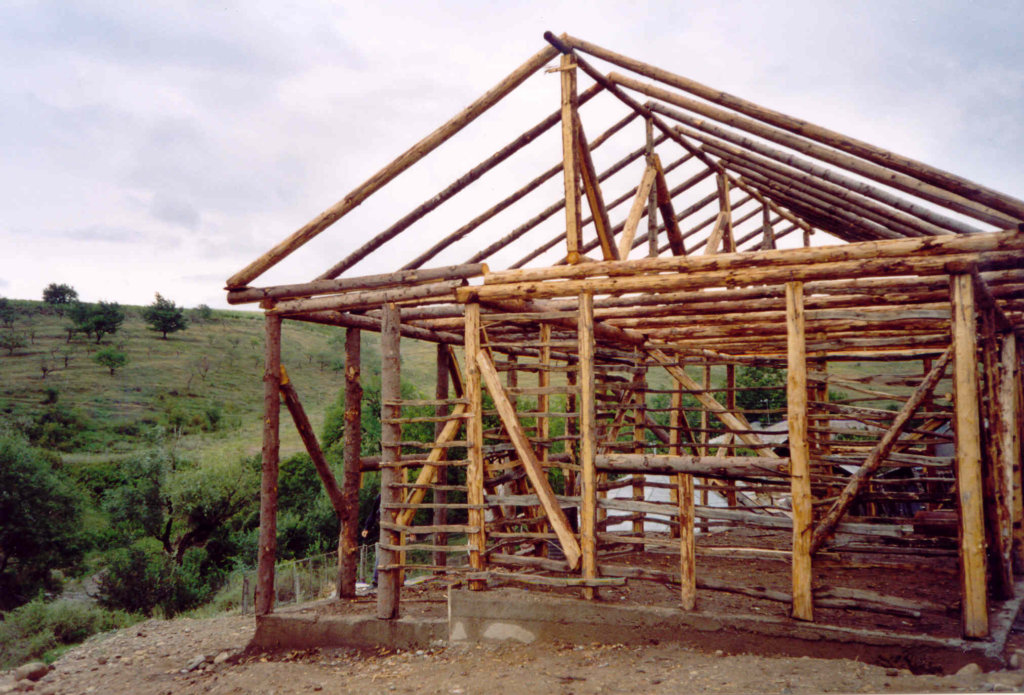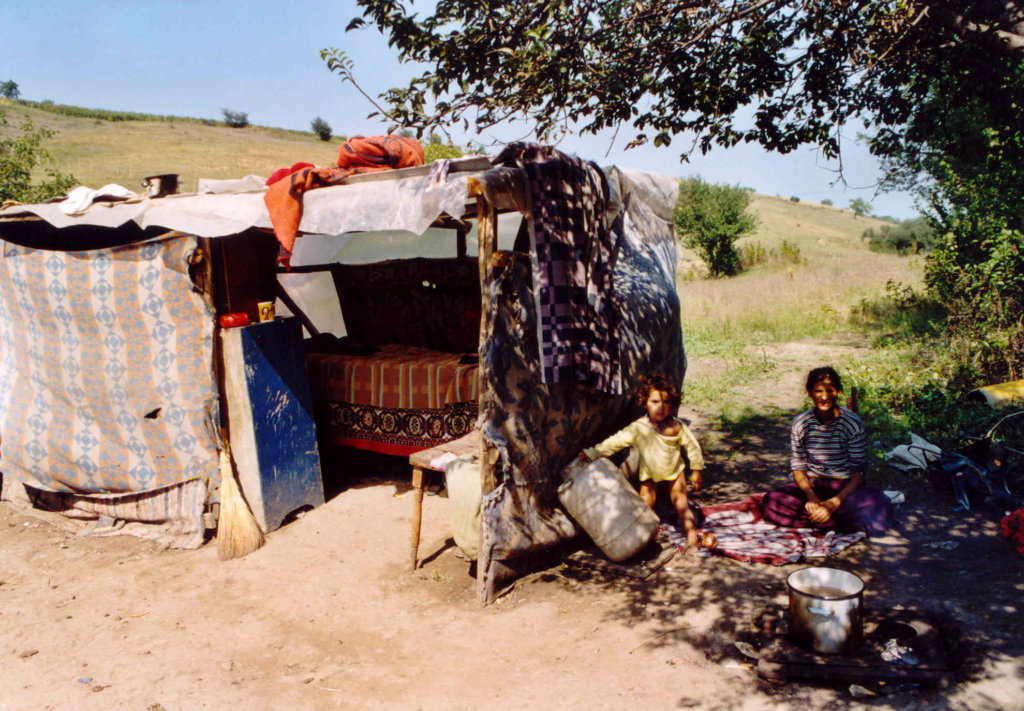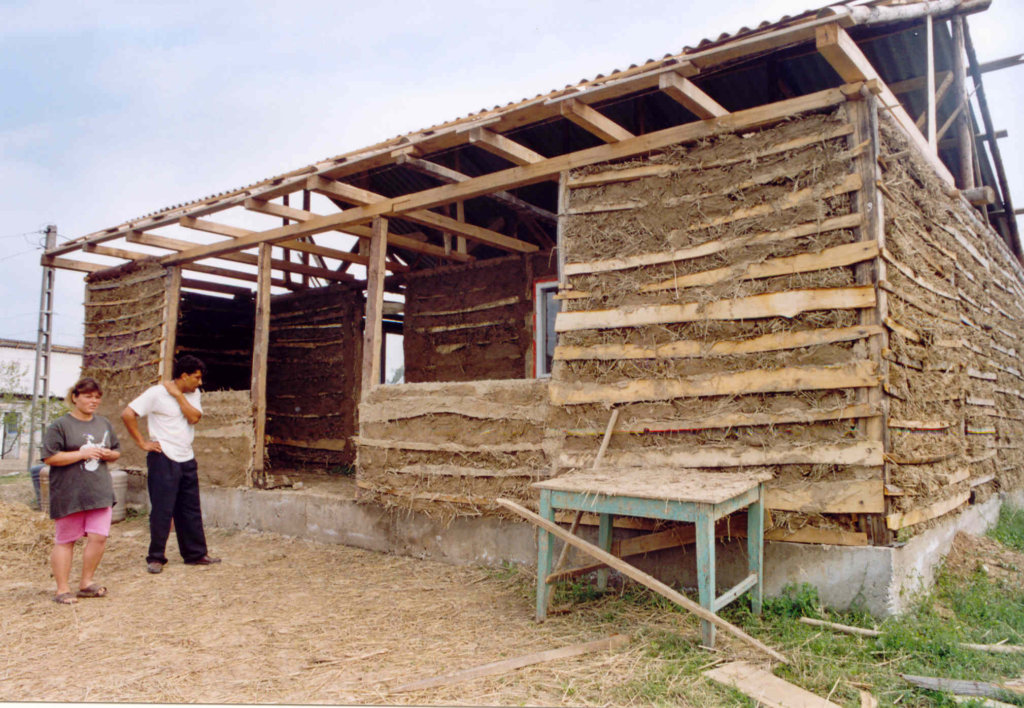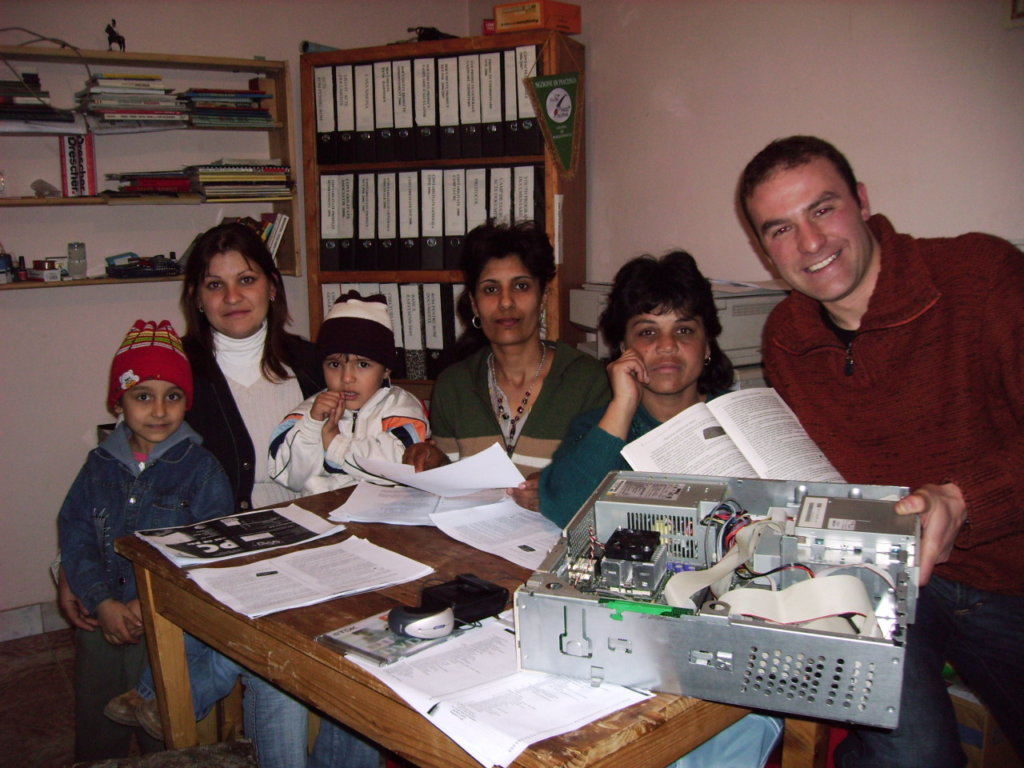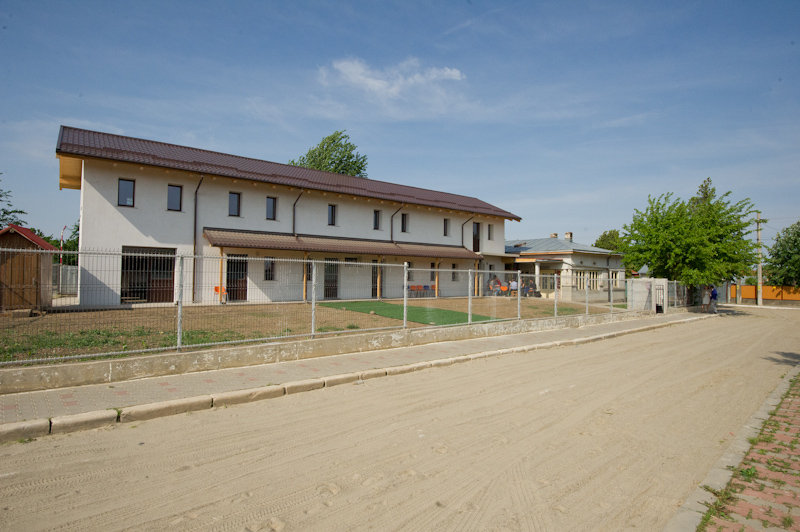By Letizia Sabba | Project Leader
The history of the daily socio-educational Centre Pinocchio started in 1998, when IBO Italia and its volunteers decided to support a sustainable development of the local community of Panciu, paying a particular attention to the local Roma minority and to the most disadvantaged brackets of the population. We can easily affirm that this history has been marked by positive results and also by failure. Not an epic failure, but a series of small failures, that allowed us reaching good results and learning to learn and move forward. For the creation and strenghtening of the Centre Pinocchio, failure has been a necessary stepping stone.
The very first intervention of IBO Italia in Panciu regarded the reconstruction of almost 20 houses of the poorest Roma families living in a humble nieghbourhood. In Panciu, there's this neighbourhood called Valea Brazi, where the majority of Roma families live in difficult conditions: the lack of facilities and public services, the difficult housing conditions, the heavy discriminations they are subject to on behalf of public institutions and of the general citizenship of Panciu, the phenomena of widespread illiteracy, alcoholism, domestic violence, unemployment, early marriages and general poor access to information, impede Roma people to maintain the minimum standards of a healthy and serene life. Consequently, there is a high scholastic dropout rate, as well as the spreading of the non-enrolment phenomenon.
The building of some of the houses in Valea Brazi envisaged the involvement of foreign volunteers, together with members of Roma families, in order to foster a bottom-up and participatory approach. In addition to this, within these experiences of solidarity workcamps for the benefit of local community, the building method adopted was the same of the other Roma houses; the idea was not to make a too “intrusive” intervention and to make Roma people feel protagonists of the improvement of their own living conditions. Even if the houses have been actually built and families still live in such buildings, this action revealed to have some limits: the construction of houses was an “end-to-itself” intervention. Indeed, it offered Roma families with better living conditions but no effective changes on the long term.
From this first small failure, IBO reflected upon the sense and the scope of the intervention in Panciu. The next step, thus, envisaged a different kind of intervention: training opportunities about information technology and carpentry were proposed to young Roma adults, in order to equip them with new skills and competencies that could have been useful for their future and employability.
Italian volunteers, experts in ICT and carpentry, spent some periods in Panciu for the training of trainers; these young adults then trained “in cascade” and shared their competencies with other disadvantaged young adults (both belonging to Roma community and having diffucult social backgrounds – e.g. coming from orphanages). The training revealed to be a success; young people were interested in learning and actively participated to training sessions. Nevertheless, this project showed once again its limits: on one hand, no survey on the local job market had been made and, thus, the acquired skills and competencies revealed to be not so useful in order to find a job; on the other hand the beneficiaries of the training, being people with difficult backgrounds and lacks in their education, had indeed acquired some specific skills related to carpentry and/or the use of PC, but did not have further instruments for building their personal and professional future.
From this second failure, IBO Italia took again some time in order to think about how to have a real positive impact on the local community, how to reach good results on the long term and to contribute to an effective change in the life of the most vulnerable citizens of Panciu. Deepening its knowledge of the territory and observing the local socio-educational problems, in 2006, the association changed its vision starting to operate directly with children and youngsters. Thus, it has been founded the Educational Daily Centre “Pinocchio” in order to work on social integration starting from an early age. We are, in fact, convinced that this kind of intervention can have a better impact on the long run, giving the children an opportunity to learn, play, grow up in a cheerful and untroubled atmosphere, thanks to the approach of non-formal education.
Currently, IBO Italia is very proud of the achieved results of the Centre Pinocchio: it is now targeted both at children and youngsters with fewer opportunities and to local citizenry (the idea is to foster as much as possible the social inclusion among Roma and non-Roma people); the Centre has been accredited as social services provider for a total of 50 disadvantaged children between 3 and 16 years old; the local staff is composed by 7 employees (educators, social worker, secretary-accountant, cleaning woman, chef, maintenance worker), one of them being a Roma adult that previously took part to the construction of the houses in Valea Brazi and was beneficiary of the carpentry trainings. Every year, the Centre Pinocchio hosts foreign and local volunteers (for a total of aprox. 30 people), thus promoting among young people the importance of being active citizens and of spreading values of tolerance, fight against discrimination and access to education for all.
If IBO Italia would have stopped its interventions in Panciu after the construction of the houses or after the carpentry and ICT training, the Centre Pinocchio wouldn't have been realized. The method and the idea at the basis of all the mentioned intervention is always the same: to foster local development and create adequate conditions to access education and training, through the involvement and participation of local communities, and to develop a social awareness in young people through experiences of sharing and voluntary work in favour of people in need.
The daily work of the Centre Pinocchio still faces small failures, such as children with difficulties in attending school, at risk of delinquncy and vagrancy, with families that don't support their education. The staff of the Centre Pinocchio knows that every single failure is an opportunity of growth, never a dead end.
Project reports on GlobalGiving are posted directly to globalgiving.org by Project Leaders as they are completed, generally every 3-4 months. To protect the integrity of these documents, GlobalGiving does not alter them; therefore you may find some language or formatting issues.
If you donate to this project or have donated to this project, you can recieve an email when this project posts a report. You can also subscribe for reports without donating.
Support this important cause by creating a personalized fundraising page.
Start a Fundraiser